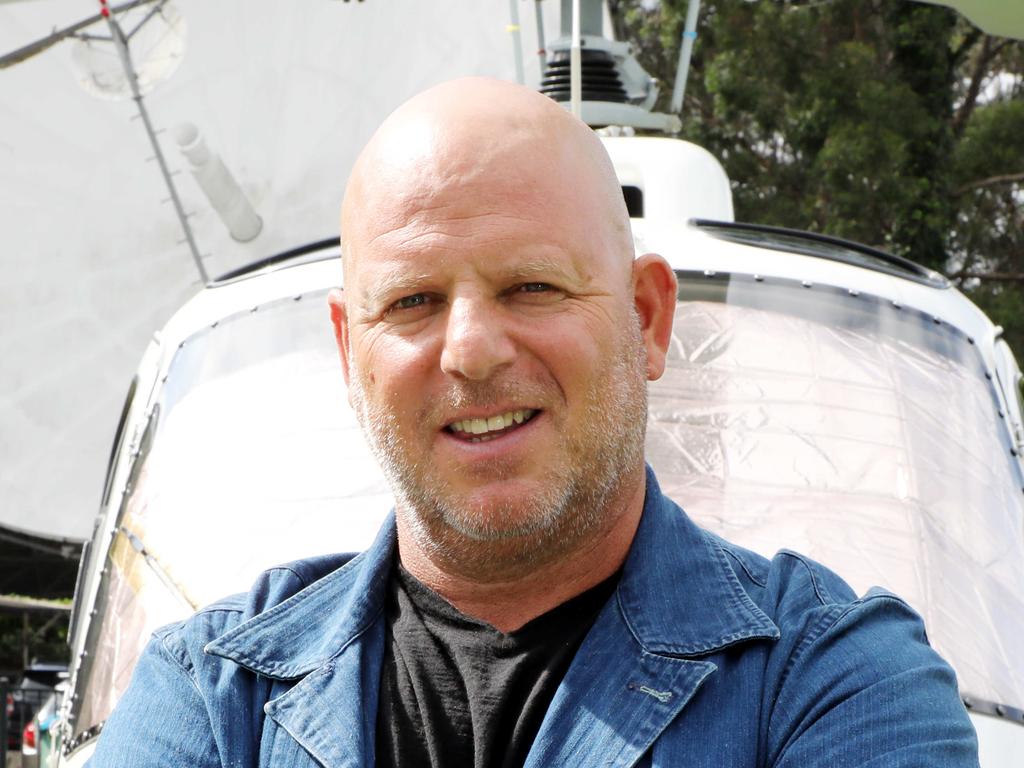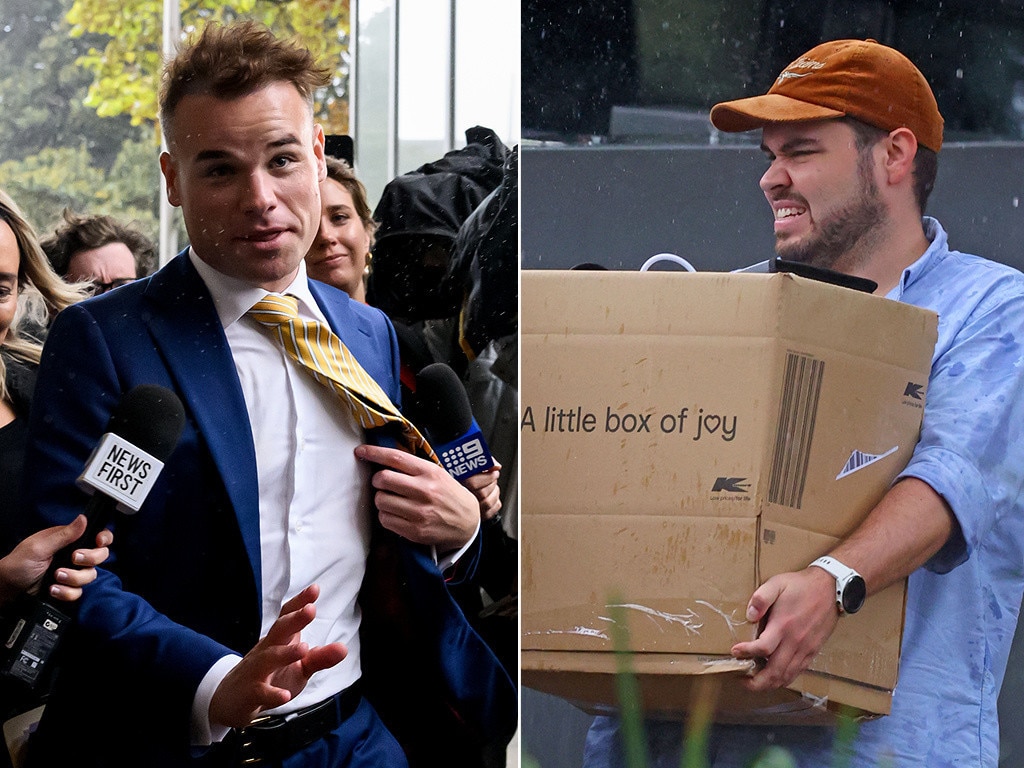Seven answers claims of missing documents in Bruce Lehrmann case
The Seven network’s explanation for not producing documents ordered by the court comes as lawyers wait nervously for Justice Michael Lee to announce his verdict in the defamation case.
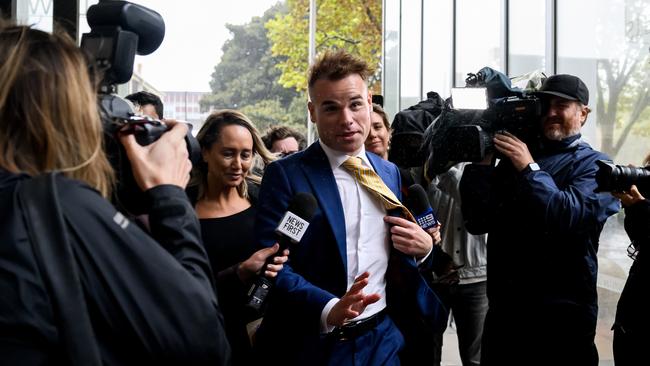
A search of the Seven Network’s email systems produced just four emails between its staff and Bruce Lehrmann during the more than six months it negotiated with him to appear on the Spotlight program, according to an affidavit sworn by the network’s outgoing commercial director, Bruce McWilliam.
The full affidavit was released by the Federal Court on Monday as lawyers waited for judge Michael Lee to announce when he will deliver judgment in the defamation case brought by Mr Lehrmann against Network Ten and Lisa Wilkinson over an interview with alleged rape victim Brittany Higgins. Justice Lee is now expected to deliver his judgment by the end of the week, after being delayed last week when Ten successfully sought to reopen the case, citing fresh evidence from disaffected former Seven producer Taylor Auerbach.
Auerbach alleged perks were provided to Mr Lehrmann while Seven was trying to convince him to hand over his exclusive interview rights, including reimbursing him for sex workers and illegal drugs, and admitted to charging his Seven corporate card with thousands of dollars for massages for himself and Mr Lehrmann.
Auerbach also claimed Mr Lehrmann provided Spotlight with confidential information from his criminal rape trial as part of his interview deal. Mr Lehrmann has denied giving the program such information. Auerbach also alleged in the affidavits that he deleted material after the show aired, at the request of Seven executives and due to his “understanding” of a comment made by a lawyer, a request that if made after two subpoenas were issued by the court last year could constitute a contempt of court.
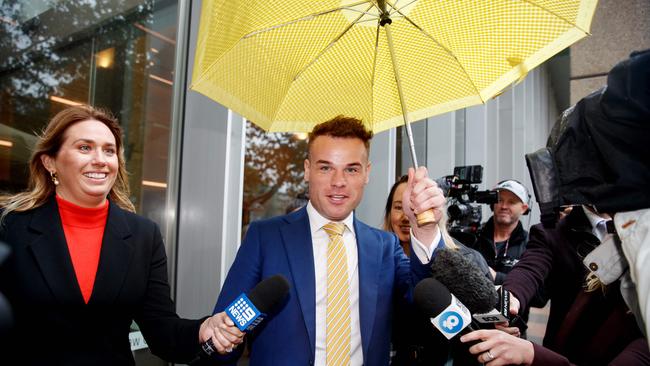
Justice Lee ordered Seven to produce an affidavit explaining why it had produced fresh documents in answer to a subpoena it was compelled to respond to a year ago. Ten barrister Matthew Collins KC told the court it “beggars belief” Seven had only been able to produce one communication between Mr Lehrmann and producers in the months leading up to his interview.
The court was told last week that Mr McWilliam had signed an affidavit saying the network initially only conducted “limited searches” of communications between Mr Lehrmann and the Spotlight production team, relying on “untested assurance” from Spotlight executive producer Mark Llewellyn there were no communications to produce.
Mr McWilliam says in the affidavit that when Seven was first served with the subpoenas in June and August last year he “believed that all appropriate searches and enquiries were undertaken” to comply. However, the network had become aware last week from media reports of Auerbach’s allegations “that there was additional material in Seven’s possession”.
After a search, the company was able to locate accounting records showing payments for travel arrangements Auerbach had claimed were for the benefit of Mr Lehrmann.
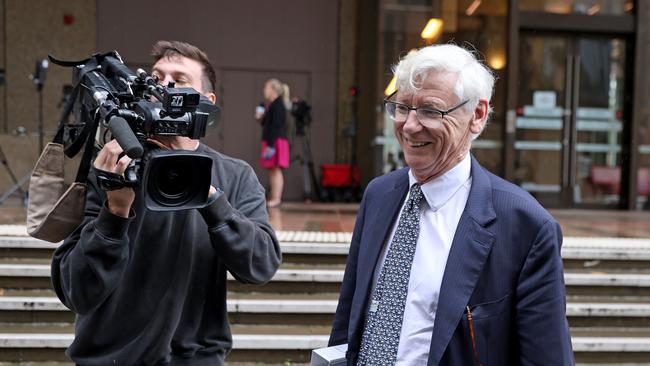
However, those payments pre-dated Seven’s contract with Mr Lehrmann, Mr McWilliam said, and “were not believed to be payments ‘in relation to the Lehrmann Spotlight programme’.”
Four emails were located relating to a real estate inspection of the property rented for Mr Lehrmann; a shooting schedule for the program; travel arrangements; and a copy of a promo for the second Spotlight program.
Mr McWilliam said he had been informed by Mr Llewellyn that the members of the Spotlight team “only spoke on the phone or in person with Mr Lehrmann, with the result that I believed there were no communications to produce”. “Given Mr Llewellyn’s status as Executive Producer, I had no reason to doubt his indication that no written or electronic communications with Mr Lehrmann existed,” he said.
“Consistently with that indication, the extensive searches of Seven’s email systems that have now been performed were not performed at that time.”
Seven has denied it reimbursed Mr Lehrmann for any expenditure used to pay for illegal drugs or prostitutes, and says it complied with all its obligations in responding to subpoenas.




